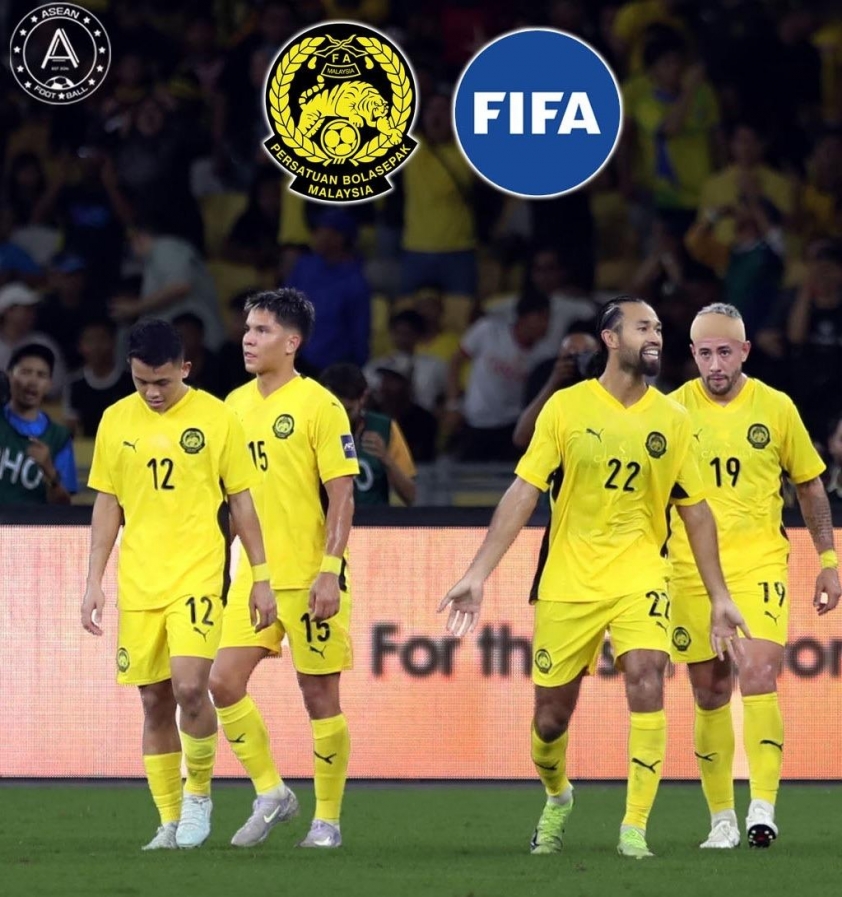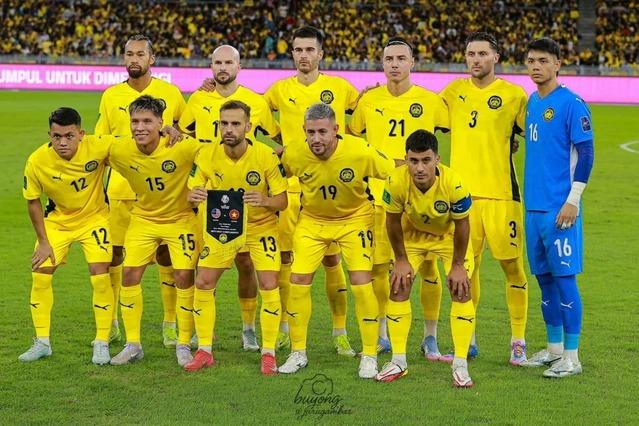7 Malaysian players show unexpected reactions following FIFA sanctions
Amid widespread demands for FAM to file an appeal with the Court of Arbitration for Sport (CAS), the 7 naturalized Malaysian players have stayed quiet in response to FIFA's harsh sanctions, causing public uproar at home.
At a time when the call for the Football Association of Malaysia (FAM) to appeal to the Court of Arbitration for Sport (CAS) grows stronger, the seven naturalized players banned by FIFA for one year have remained completely silent, sparking public debate.
The players—Rodrigo Holgado, Imanol Machuca, Joao Figueiredo, Jon Irazabal, Hector Hevel, Facundo Garces, and Gabriel Palmero—were found to have errors in their naturalization documents, violating international eligibility rules. Besides the one-year suspension, they and FAM must also pay fines totaling nearly 2 million ringgit (around 10 billion VND).

Since the sanctions were announced, none of the players have spoken out to explain or share their personal views. On social media, all seven have almost “disappeared,” posting or interacting with no content. This prolonged silence has divided Malaysian public opinion: some believe they are awaiting legal advice, while others criticize the lack of transparency and accountability.
According to Malaysian media, this case is regarded as a “costly lesson” for both players and FAM in the process of naturalization and verifying foreign-born players’ documentation. Administrative mistakes have caused significant damage to Malaysia’s football image, turning pride in the “golden generation of naturalized players” into a focal point of criticism.

Beyond losing the chance to compete internationally, the seven players face serious damage to their reputations and career prospects. Some experts believe that even after the ban ends, regaining trust from fans and clubs will be a major challenge.
However, observers think that if they choose transparency, acknowledge their mistakes, and show willingness to make amends, a comeback is still possible. Malaysian football has seen cases of players criticized but later redeemed, and there is hope this can happen again once trust is restored.










 Links
Links
 Contact
Contact
 App
App


